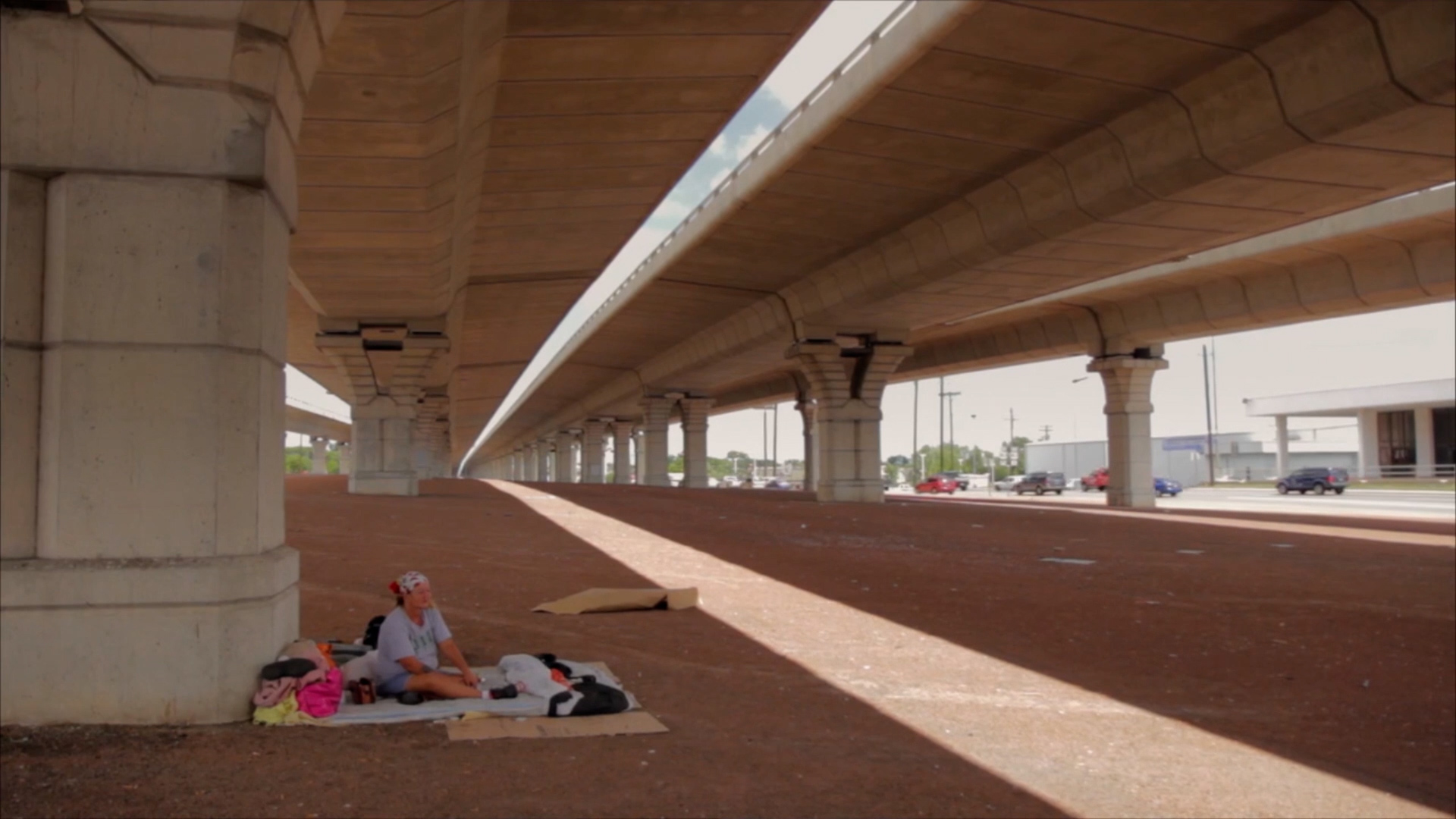
Audit cites lack of progress on homelessness strategies issued five-plus years ago
This article was originally published by The Austin Monitor. To see the original post, click here.
A new report from the Office of the City Auditor has found the city is still working toward accomplishing five recommendations to address homelessness that were suggested at least five years ago.
The report, which was issued earlier this month, is the latest follow-up on the results of four analyses from 2017 to 2019 that produced 10 recommendations in total on how the city gathers data and allocates resources to address homelessness. Four of the recommendations had been completed or were no longer valid as of a 2021 assessment, leaving six still in progress as the focus of the new report.
Audit staff found the city has successfully implemented the recommendation to work with Ending Community Homelessness Coalition (ECHO) to improve data collection.
Specifically, the city was directed to get better, timely estimates of the local unhoused population, and determine the needs of that population.
In recent years, the city and ECHO have shifted to using Homeless Management Information System (HMIS) data, which relies on coordinated assessments, while relying less on point-in-time count data to assess the state of the local unhoused population.
Still underway is another recommendation issued in a 2018 audit, related to providing adequate housing for people transitioning out of homelessness. The new audit found that as of May 2024, the city had 237 permanent supportive housing units in operation, with another 188 slated to become available by the end of this year.
Adding in three new developments created with housing partners, the total supply of permanent supportive housing is expected to reach 1,345 units by December.
Still, the report notes, “the City does not have a clear goal to measure efforts against to know if the Housing Department’s strategies to develop housing are meeting the current need of those transitioning out of homelessness.”
The remaining four incomplete recommendations were from the same 2019 audit titled “Outcomes of City Efforts.” It said the assistant city manager overseeing homelessness efforts should:
review how the city measures the long-term success of homelessness assistance efforts include accountability measures in all contracts related to homelessness assistance work with city departments to enhance the capacity of existing homelessness prevention programs and develop new programs to prevent homelessness work with stakeholders to design and implement changes to improve coordination and collaboration among all entities providing case management services in Austin. Related to measuring the success of homelessness programs, the Homeless Strategy Office has contracted with SNAP Consulting to develop a strategic plan including long-term goals. That plan is expected to align with the city’s upcoming new budget.
On the five accountability measures suggested for inclusion in all contracts involving homelessness services, the audit reviewed five sample contracts and found only one met all the needed criteria, with the others lacking most oversight measures.
Programs related to preventing homelessness were found to be in the very early stages of activity, with some managed by the Homeless Strategy Office and others under the control of the Housing Department. Those programs are in operation while HSO is working to more clearly define the city’s prevention efforts, with the audit calling for those definitions to serve as the basis to assess and improve existing programs while creating new ones.
On the call to improve case management services among all providers, the audit found there has been some progress in collaboration with ECHO and its network of shelters and related vendors. Surveys of relevant case managers found there’s a “lack of meaningful participation from all case management entities.”
Additionally, case managers noted a “lack of resources for entities to coordinate and collaborate with each other.”
As a solution, the report suggested establishing systemwide standards for all case management entities and increased resources to help them interact more effectively.
Community journalism doesn’t happen without community support.
Got story ideas, advice on how we can improve our reporting or just want to know more about what we do? Reach out to us at news@klru.org.
And if you value this type of reporting, then please consider making a donation to Austin PBS. Your gift makes the quality journalism done by the Decibel team possible. Thank you for your contribution.
More in Politics:
See all Politics posts





Contact Us
Email us at news@klru.org